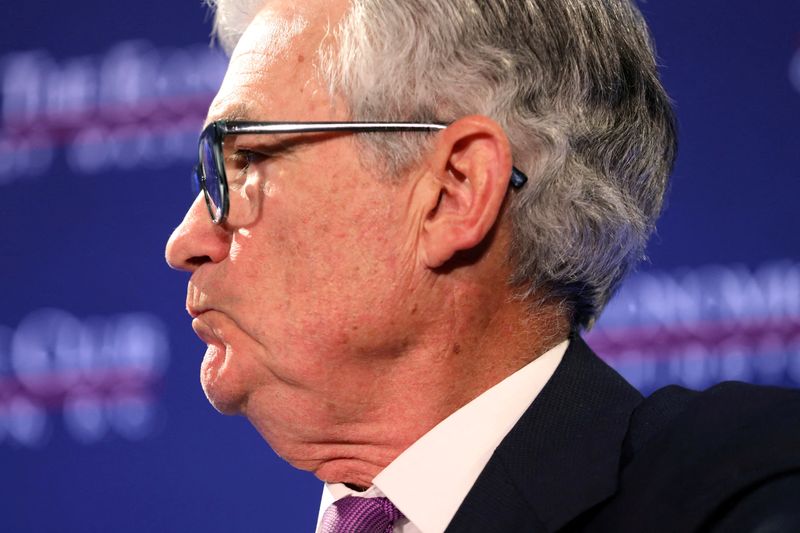Federal Reserve Chairman Jerome Powell provided an optimistic overview of the US economy during a discussion at the Foreign Bankers' Association's Annual General Meeting in Amsterdam.
Powell highlighted the robust performance of the US economy, noting a particularly strong labor market and the good financial health of households.
According to Powell, consumer spending and business investment have maintained their strength, despite ongoing labor shortages across various industries. He emphasized that, overall, the US economic data paints a positive picture.
The labor market is also showing signs of returning to a better balance and is currently as tight as it was pre-pandemic, with indications of gradual cooling as supply and demand begin to align more closely.
Inflation, however, was a point of concern for Powell in the first quarter, as it showed no significant signs of progress.
"Inflation in Q1 was notable for the lack of further progress," Powell said.
"We did not expect a smooth road on inflation, we have to be patient and let policy do its work."
"Confidence in inflation moving back down is lower than it was. My confidence on that is not as high as it was before."
Despite the challenges with inflation, the Fed Chair projected continued GDP growth of 2% or better and expects the labor market to remain strong while rebalancing.
Powell: Fed's policy is working
Powell also stated that the relevance of the neutral rate for the current policy is limited and that the ongoing debate is not centered on the level of the neutral rate itself.
He acknowledged that achieving confidence in lowering inflation appears to be a lengthier process than initially anticipated. He noted a significant cooling off in the demand for workers, which could be indicative of changes in the labor market.
Moreover, Powell observed that people who have financed into low-rate mortgages are now less likely to move, suggesting a potential impact on the housing market mobility.
Regarding the effectiveness of the current policy, Powell remarked that overall, it is working and is having an impact on spending.
He mentioned that credit has been tighter for some time, which could influence borrowing and spending behaviors.
Surveys indicate that people currently think it is not a good time to buy durable goods, reflecting consumer sentiment in the economic environment.
